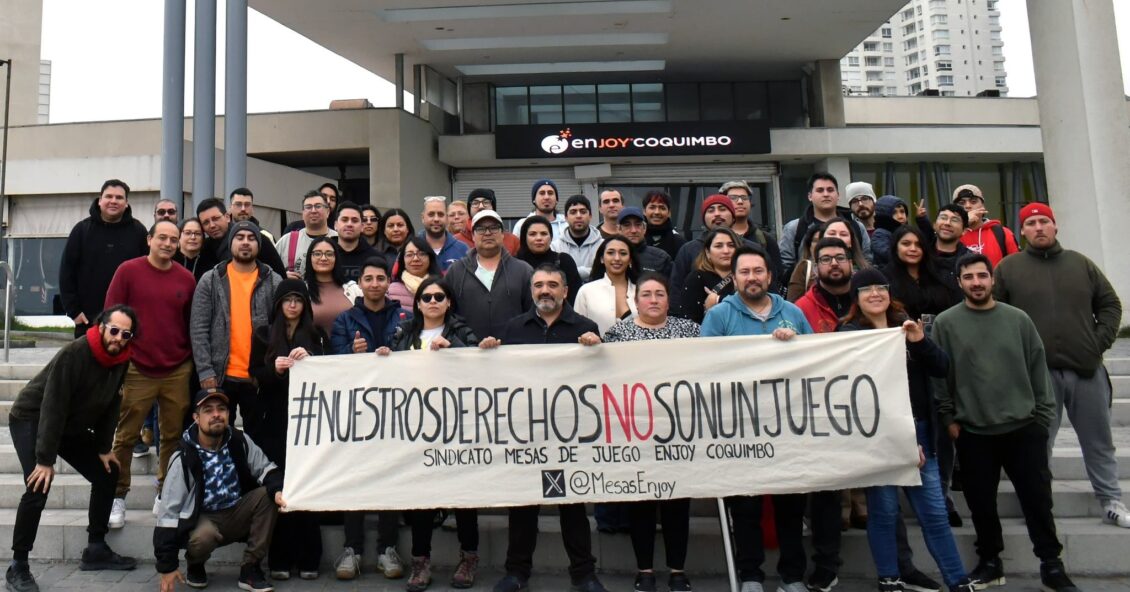Sector agreements for bank workers in Romania show the way forward through collective bargaining
12.04.22
Bank workers in Romania and their union FSAB have achieved major pay, income security and remote work improvements. Two new agreements raise minimum standards for over 25,000 people who work in the banking sector.
The minimum wage has been increased by 24%. Experience and loyalty have been given increased recognition, with salary increases set for every 5 years of consecutive employment in a given company. Amongst the other highlights, the period of notification and the compensation in cases of redundancies were also increased.
These are some of the key improvements sealed on Friday 8 April 2022, when FSAB signed two agreements with employers’ organisations: one on pay and conditions and a second specifically on remote work. These agreements build on the first multi-employer agreement of its kind in the country, since the dismantling of sector collective bargaining legislation.
“By working with multiple employers together, we are building strong relations and lifting standards for people across the sector. With the experience of our first agreement in 2018, we laid the foundations of trust. We showed what is possible and we delivered a win-win for workers and employers. Now we are cementing very positive labour relations that deliver fairness while also helping to anticipate and resolve issues effectively,” said Constantin Paraschiv, President of FSAB.
Remote work
The remote work agreement also delivers major improvements for workers. It contains the possibility of covering equipment costs and paying utilities, depending on certain situations for working from home. It also sets limits to the surveillance of workers while working remotely and establishes a right to disconnect for workers.
This agreement in Romania was based on the Joint Declaration on Remote Work and New Technologies that UNI Europa’s Finance sector negotiated together with employer organisations in the European banking sector.
“This is a fantastic example of how unions can build on the work at European level and use it to strengthen social dialogue and improve conditions for workers at national level. The agreements achieved by UNI Europa are a resource. Once they are concluded, we can pick up the baton and begin the work of making these a reality through collective bargaining at national level,” said Maureen Hick, UNI Europa Finance Director.


